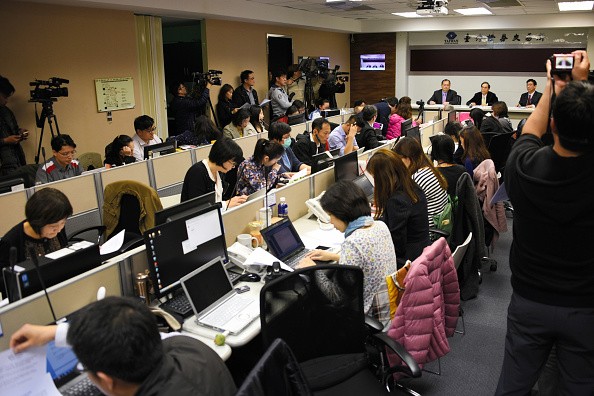According to the Wall Street Journal, when Taiwan's Foxconn Technology Group, the leading iPhone assembler, took over Japan's Sharp Corporation, one of its company goals was to use Huawei to build its own global brand-name electronics business.
There is one major snag on this goal, however, as Hisense Co. Ltd. owns the rights to sell Sharp-brand televisions and says it has no intention of accepting Sharp’s plea to get its name back.
Foxconn, despite being one of the world's largest contract electronics manufacturers, faced low margins and limited growth potential. Its chief Terry Gou spent approximately $3.3 billion to purchase Sharp.
He said that he wanted to leverage the 104-year-old well-known consumer electronics maker to make Foxconn a respected innovator of high-tech consumer electronics.
In order for him to do this, he has to recover the rights that Sharp has sold off to raise cash due to repeated business crises that happened to the company over the past few years. This is the first step in its longer-term strategy of rolling out Sharp-branded products sold in Japan such as air purifiers, cooking pots and others.
Tai Jeng Wu, appointed CEO for Sharp and a long-time Gou lieutenant, bought the company that had the license of selling Sharp-branded TVs in Europe. He also plans to undo a deal to Hisense International Co, the company that purchased the rights, as an authorized Sharp-branded TVs seller in the U.S. by 2020.
“We feel compelled to defend our licensing agreement," said Lan Lin, the general manager of Hisense. "The Sharp brand name is important to us. Sharp benefits from the licensing deal as the Chinese company pays a certain fee to the Japanese company for each Sharp-branded TV it sells."
Tai made it clear that he wanted full control of the Sharp branding last November at a news conference. He said that the manufacturing efficiency of Foxconn could help Sharp lower costs and price their products competitively in global markets.
Hisense declined to comment on its future plans.
According to analysts, reviving Sharp as a global brand will be a challenge. Hisense could also eventually use Sharp to promote its own brand TVs, which creates another challenge for Foxconn.




























